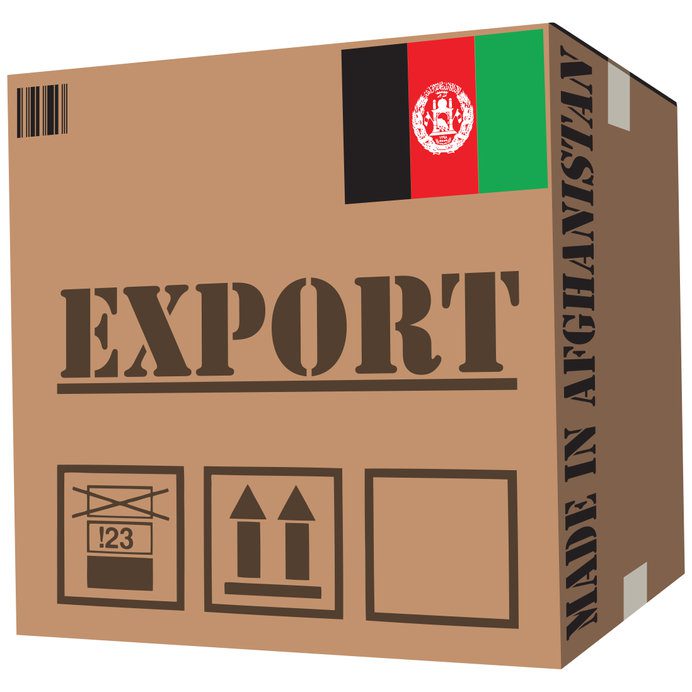Over the past two decades, India has invested substantial political, diplomatic, and economic capital to foster good relations with Afghanistan, especially since the fall of the Taliban in 2001. Trade has been one of the key components of these relations, with India being the largest market for Afghanistan’s exports in South Asia, accounting for 41.2% of its global exports in 2020. In 2021, Afghanistan’s exports to India were US$509 million, while imports from India constituted US$825 million.
However, the Taliban takeover of Afghanistan in August 2021 has impacted the India-Afghanistan relations on multiple fronts, especially damaging trade relations between the two countries. According to the Federation of Indian Export Organization (FIEO), the Taliban stopped all imports and exports from India through transit routes in Pakistan, also called the International North-South Transport Corridor (INSTC), the main trade pathway.
Textile industry
The route blocking has impacted many businesses across India. One of the sectors witnessing direct repercussions has been the textile industry. The halted trade resulted in stock worth US$540,000 being stuck as corporate bank holders in Afghanistan were not able to withdraw money and do any electronic transactions, as per the Afghanistan Central Bank’s order. Due to this, over 100 traders in Surat, Indian textile hub, were hit hard with delayed payments.
Sugar and dry fruit
India’s sugar exports to Afghanistan have been hit as well with Indian merchants reporting cancellations of orders as a result of the changed rule in Afghanistan. Indian traders were already treading cautiously about exporting to Afghanistan, insisting on advance payments due to the looming uncertainty and restricted trade routes. Following the political upheaval in Afghanistan, Indian sugar exports came almost to a halt in September 2021. Indian food ministry seemed optimistic and expected the trade to resume under the new Taliban regime. However, it is still uncertain how this will unfold, especially in the face of sugar export restrictions introduced by India in May 2022 to ensure domestic availability and to keep the local prices in check.
The new rule in Afghanistan has not only affected Indian exports, but also imports, with imports of dry fruit seeing a particularly major blow as India receives 85% of its dry fruit from Afghanistan. With the disruption of shipments, dry fruit prices in India saw a considerable increase (around 30%), especially as the timing coincided with the festive season (from October to December) in India, a period with the highest demand for dry fruit.
The carefully-nurtured trade relations between India and Afghanistan have been gravely affected post the Taliban takeover and routes closure. As both countries are each other’s important trade partners, there is some hope that trade relations could resume over time, although it would be naïve to expect the matters to fall back to the state from before the Taliban takeover any time soon.
Pakistan routes issue
India had already faced problems routing its exports and imports to and from Afghanistan, as Pakistan repeatedly denied India’s access to overland trade routes with Afghanistan in the past. As a result, India sought alternative routes: one route through Chabahar Port in Iran and an air freight corridor. Although these are not major trade routes, the opening up of such alternatives allowed India’s exports to Afghanistan to be less dependent on Pakistan. Pakistan’s trade routes denials in the past could be somewhat seen as a blessing in disguise, especially in the face of the current INSTC block.
However, the INSTC continued to be the key route for India’s exports to Afghanistan, and its shutting also caused some drastic consequences impacting India’s trade with other countries. Not only was this route used to export products to Afghanistan but it was also a very important trade route for India to reach European and Central Asian markets and vice versa. Although some goods are still being exported through the international North-South Corridor and the Dubai route, the INSTC is the fastest connection to a range of international markets. The closure will continue to have impact on trade timelines and pricing as traders will have to resort to longer trade routes or trim the volumes of goods traded.
EOS Perspective
When and how India-Afghanistan relations could recoup is yet to be seen, and will depend significantly on the Taliban’s recognition as a legitimate government. While the Taliban may have gained military control over Afghanistan and stated that they want better diplomatic and trade relations with all countries, they are still struggling for global recognition and economic support.
While there is not much that India can currently do regarding its trade situation with Afghanistan, it can look at nurturing and developing relationships with alternative trading partners, especially that trade with Afghanistan is unlikely to return to the previous normal. The Indian government needs to work on policies to aid traders and improve relations with other countries, such as Bangladesh and Turkey, to attempt to fill up the void left by the Taliban upheaval.




